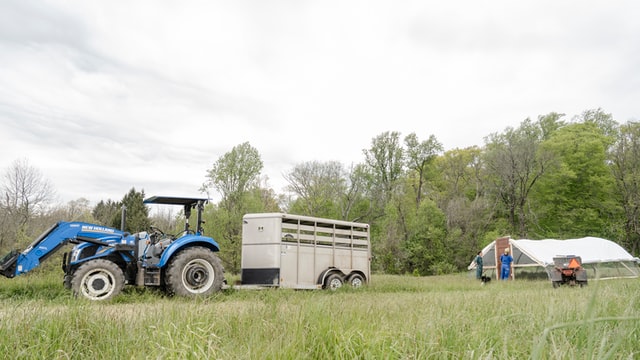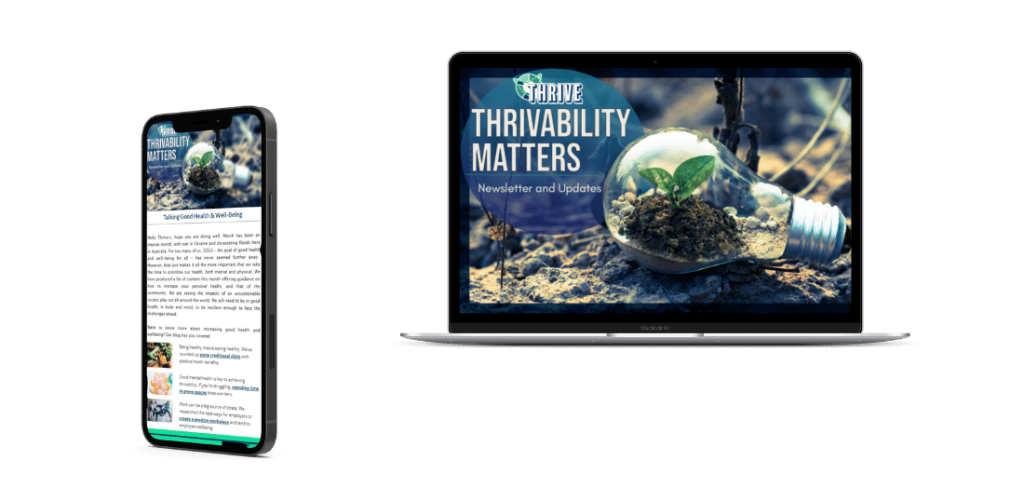Ten years of pain or gain? In the fight for sustainable development, we have seen a decade filled with many surprises: both good and bad. 2020 has come with a lot of lessons and this stirs up a wake-up call to the inhabitants of Planet Earth.
What went wrong? What should we stop? How can we avoid past mistakes? Are we making progress?
Questions of the troubled mind… For the world to thrive and sustain us, we need to look back and see how we can either make or break certain practices around sustainable development.
Efforts of Researchers in the Decade of Sustainable Development
Believe it or not, the world prepares to bid au revoir to 2020. What a year it has been. If there is one sentiment that humans across the world share, it is relief. Relief that this extremely challenging year draws to a close. Also, there is hope, that when we ring in 2021, somehow, we will reset our trajectory towards a brighter future.
2020 has been a year of loss. We have all lost something, deeply personal, this year. For, the most part, we are isolated in individual pockets. Even though, we seem to be each on our own, we are all united by one thing – grief. This grief, that unites us, tells you something about the life of the sustainability researcher.
Over the past decade, sustainability researchers have been unanimously mourning the loss and catastrophic change. They have been active, they have been loud in their cries. And yet they remain unseen and unheard, despite the ease and convenience of telecommunication at hand. A cursory look at Scopus – a citation and abstract database of peer-reviewed literature shows how much sustainability research has grown over the past decade. Environmental scientists, social scientists, Engineers, Agricultural and Biological scientists, Business, Management & Accounting experts and Energy scientists are all equally concerned for the survival of our species. So why are all these researchers unseen and unheard, despite the good work they do around sustainable development?
Popular Themes in Sustainability Research
It is a fact, that these researchers on sustainable development have come together and have produced a vast amount of literature over the decades. They have banded together as they grasp at the reality of development and its (un)sustainability? Together, they have documented climate change and shown the negative impact it has on environmental and human well-being.
They hope the fourth phase of evolution in the industrial age will result in meaningful work and social welfare situated around waste reduction,https://blog.strive2thrive.earth/lemongrass-for-cattle-to-reduce-methane-emissions/ resource efficiency, reduced emissions, water-resilience and renewable energy. They continue to investigate forms of decision-making, business innovation strategies, backcasting and economics that may push us on a trajectory towards environmental protection and resource sharing, and so perhaps the survival of our human progeny. But they have been side-lined, silenced and in some cases even vilified (Nevett, 2019).

Climate Emergency and COVID: Lessons for Sustainable Development?
What a whole decade of sustainability researchers could not do, COVID has done for us. 2020 stands as testimony, a sort of reckoning for the environmental degradation that followed the wake of the industrial revolution. Our focus this year has remained on public health. Political endorsement, social mass-media messaging and public health directives have had a huge impact and changed the way we operate as a species.
It is exactly this sort of action that sustainability researchers have been begging for, this whole past decade. Again, we stand and speak, aloud once more. Hear us now, as we draw your attention to the climate emergency that the world faces next. Almost one billion people, over 12% of the global population, live in an area that has adopted a climate emergency resolution (Climate Emergency Declaration, 2020). As a grassroots bottom-up initiative, declarations and associated actions are evolving organically with no centralised top-down control, but without legal and political endorsement, will they remain empty, symbolic gestures?
So far the response to the climate emergency declarations have been ad-hoc and voluntary, dependent upon the resources and commitments of the local activists driving their uptake. For example, local council declarations, have at places been followed through with the development of climate emergency action plan within a specified timeframe, and/or setting of a carbon neutral target dates, and/or consideration for the climate impact of all future council decisions, and so on (Climate Emergency Declaration, 2020).
But COVID has shown us, that global emergencies need active and urgent responses. There is value in top-down, government-led approaches. A greater amount of trust and confidence develops when comprehensive and coordinated action plans exist. And so the United Nations continues to urge world leaders to declare alongside, COVID, a state of climate emergency (Reuters, 2020).
Political Inaction as the Mainstay of Sustainability
Despite all this encouragement, political inaction stays the mainstay. Under the Trump administration, US withdrew from the Paris Agreement, and halted disbursement to the Green Climate Fund – a multilateral vehicle for climate finance. There is hope that the Biden Administration will set a different course – with respect to both emission reduction and climate funding. In Australia, the politics of denial, fosters a wishy-washy approach. An unambitious reductions target, no set carbon-neutral date and weak policy is a dangerous combination (McDonald, 2020). Australia also stepped back from the Green Climate Fund, a move heavily criticised by pacific nations (Pickering, 2020). Understandably, since pacific island populations are amongst the most vulnerable to the impacts of climate change.

Looking Ahead – The Decisive Decade
The decade that has gone has been disheartening with respect to sustainability progress. 2020 has been a cliff-hanger. But, there is no time to rest, even though globally, we as humans are emotionally exhausted. Despite the challenges of the decade gone, we must tighten our belts and push on with grit and composure.
Further, the United Nations spurs us on to deliver the Sustainable Development Goals by 2030, in what it calls the ‘Decade of Action’. “The COVID-19 pandemic and its impact on all 17 SDGs has shown that what began as a health crisis has quickly become a human and socio-economic crisis. While the crisis is imperilling progress towards the SDGs, it also makes their achievement all the more urgent and necessary. It is essential that recent gains are protected as much as possible. A transformative recovery from COVID- 19 should be pursued, one that addresses the crisis, reduces risks from future potential crises, and relaunches the implementation efforts to deliver the 2030 Agenda and SDGs“ (United Nations, 2020).
Of course, a great hope is placed upon Millennials and Gen Zs, whose youthful energy and discerning spirit will encourage smarter, circular (link), accountable socio-economic practices to emerge. It is upon our Youth, in fact, that we must place our trust. “What is youth? It is the inner strength not to stagnate or grow resistant to change but to stay open to new possibilities. It the power of the spirit that refuses to succumb to complacency and strives ever forward” (Ikeda, 2016).
Final Words
Although the decade of sustainable development came with diverse surprises, sad experiences, and painful moments, we should not weigh ourselves down with the mistakes of yesterday. Most important, there’s always hope for a better tomorrow.
Inasmuch as the goals are set, there is a need to put more effort into achieving them. Although the world has not come to an end, we should seek more positive ways to spur development and growth.
In conclusion, the decisive decade needs a fighting spirit to charge on and refresh and replenish the world as we know it! As a response to this call for action, THRIVE Project takes a holistic approach and seeks to assist everyone through a pathway towards thriveable transformations.
References
Climate Emergency Declaration. (2020). Four years of climate emergency declarations. https://climateemergencydeclaration.org/four-years-of-climate-emergency-declarations/
Ikeda, D. (2016). Quote of the Week: Daisaku Ikeda on the spirit of youth. World Tribune. https://www.worldtribune.org/2017/01/daiaku-ikeda-spirit-youth/
McDonald, M. (2020). 3 reasons meeting climate targets and dumping Kyoto credits won’t salvage Australia’s international reputation. The Conversation. https://theconversation.com/3-reasons-meeting-climate-targets-and-dumping-kyoto-credits-wont-salvage-australias-international-reputation-151836
Nevett, J. (2019). Greta Thunberg: Why are young climate activists facing so much hate? https://www.bbc.com/news/world-49291464
Pickering, J. (2020). After Biden’s win, Australia needs to step up and recommit to this vital UN climate change fund. The Conversation. https://theconversation.com/after-bidens-win-australia-needs-to-step-up-and-recommit-to-this-vital-un-climate-change-fund-150444
Reuters. (2020). United Nations urges world leaders to declare a state of climate emergency. https://www.abc.net.au/news/2020-12-13/un-tells-world-leaders-to-declare-states-of-climate-emergency/12978646
United Nations. (2020). Decade of Action. https://www.un.org/sustainabledevelopment/decade-of-action/


Pingback: Reducing Malnutrition in Sub-Saharan Africa - THRIVE blog
Pingback: 2021: The beginning of a critical decade of action - THRIVE blog
Comments are closed.